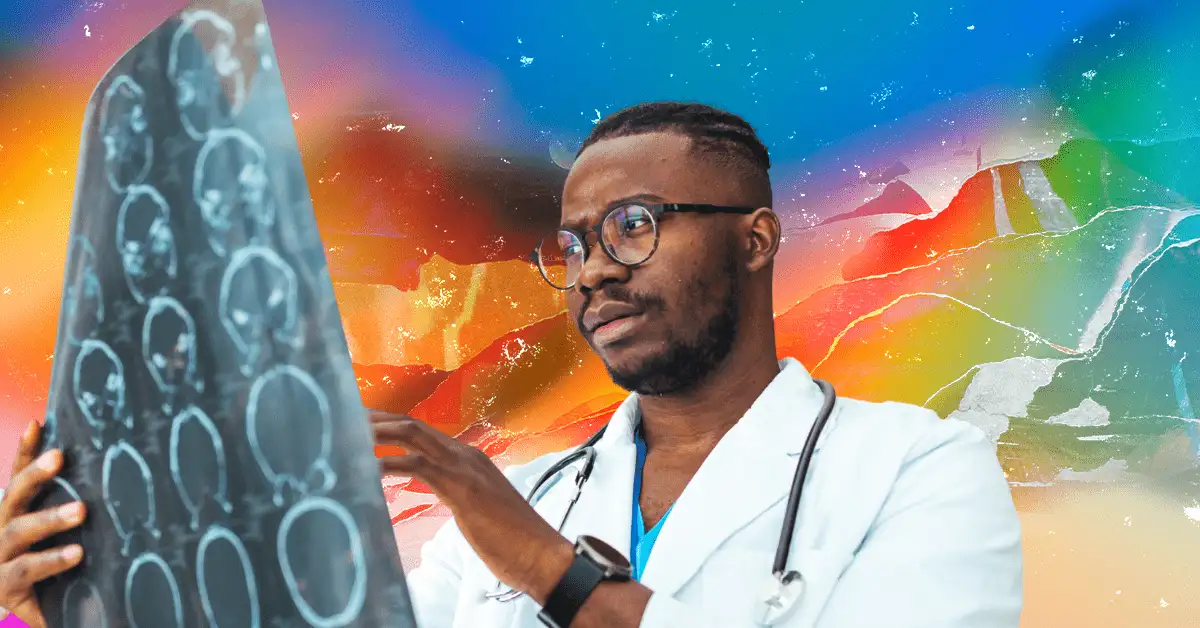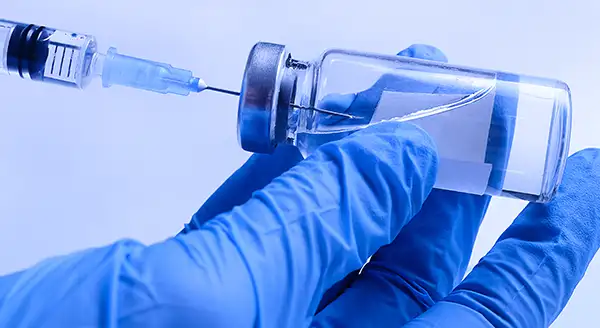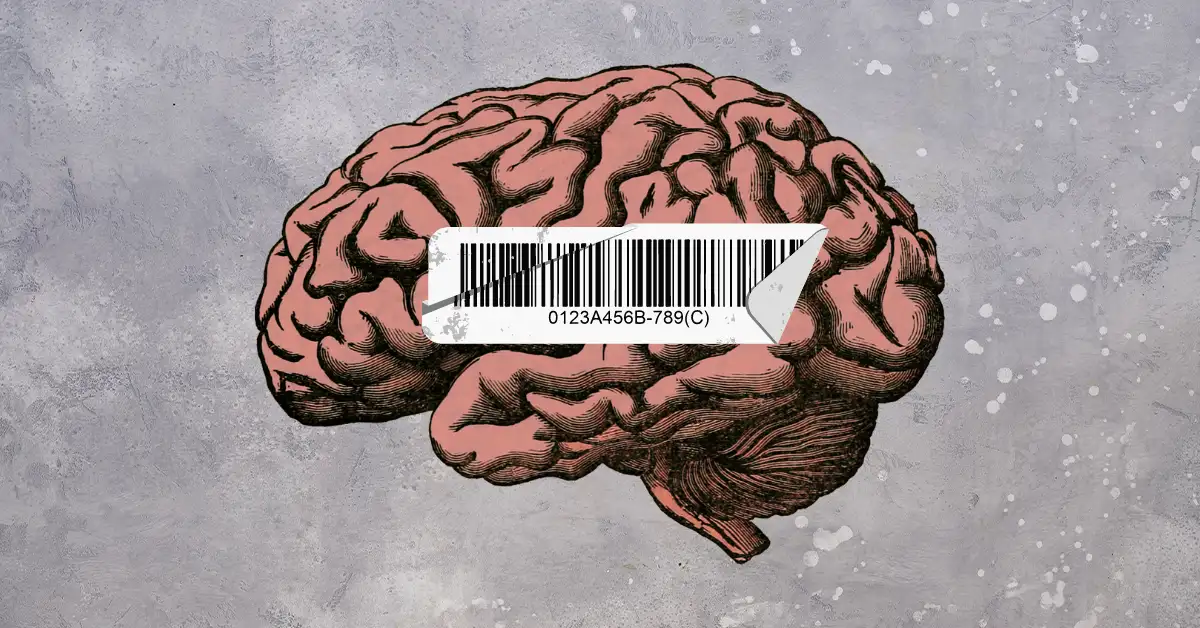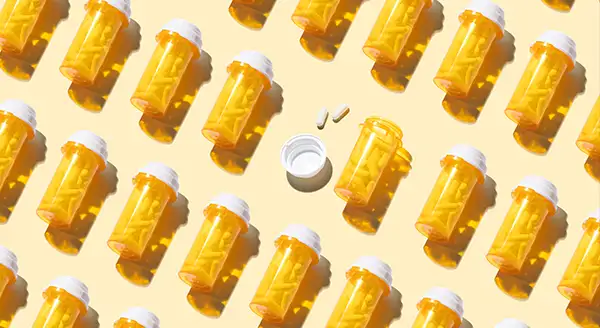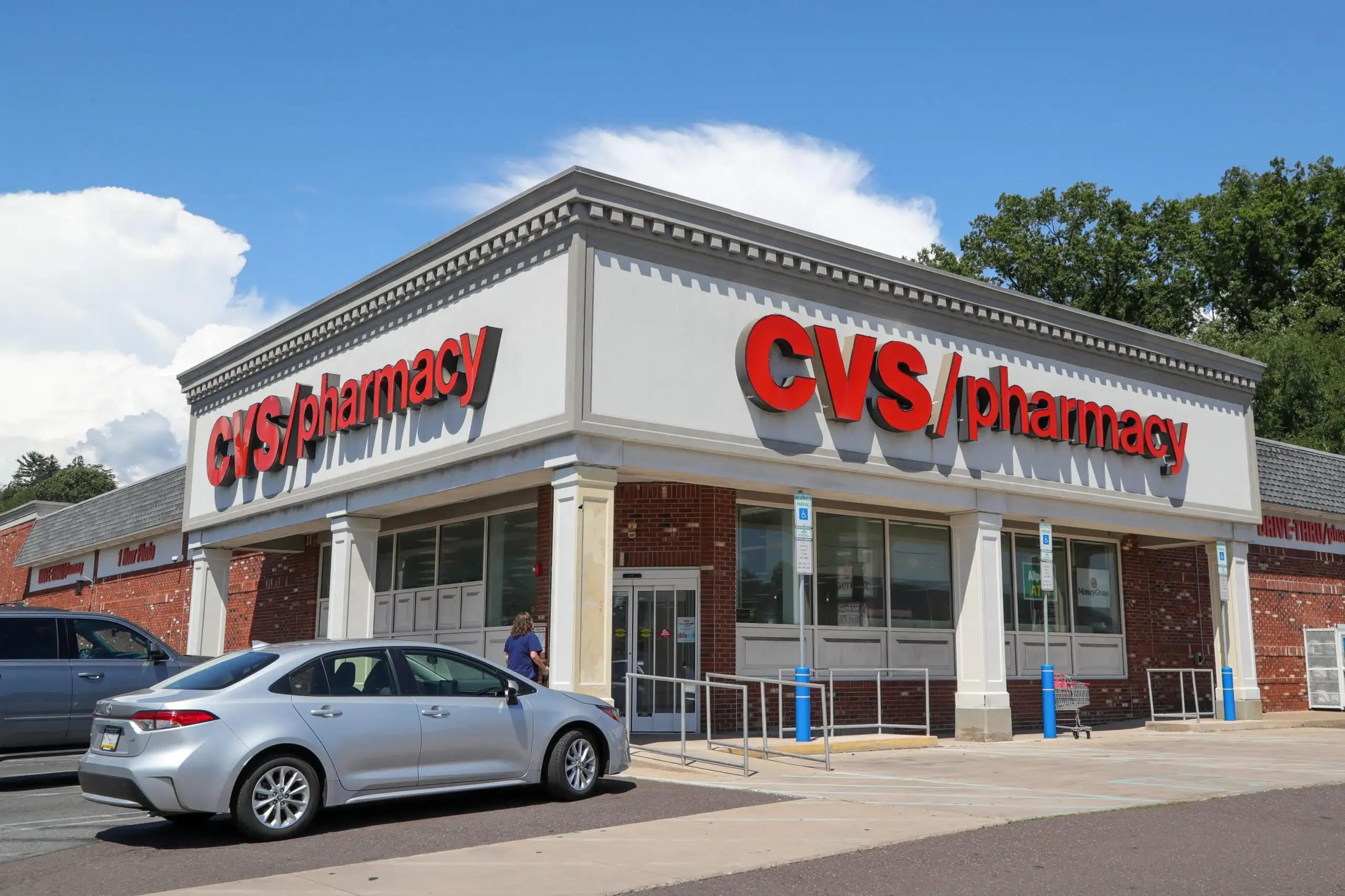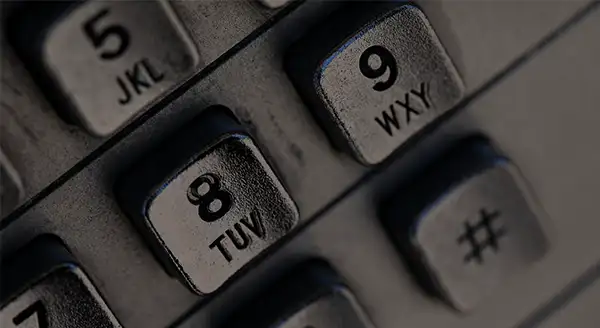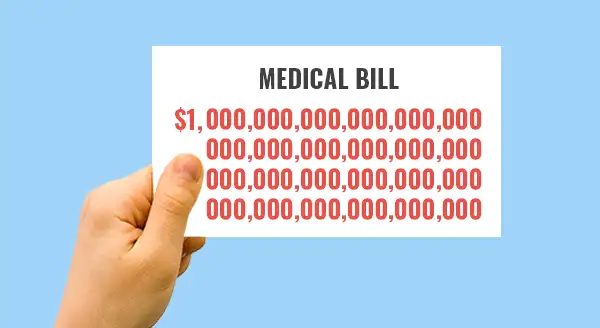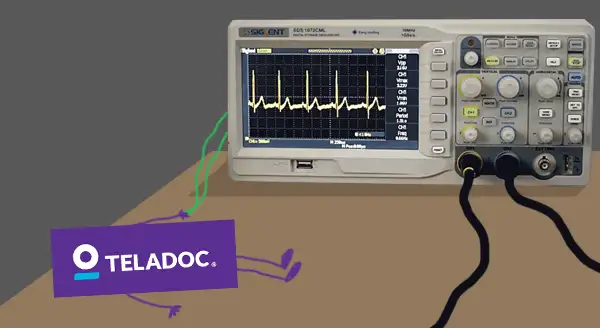Forty-one percent of Americans carry medical debt they cannot pay. But some may receive a letter announcing their debt is gone.

Nonprofit RIP Medical Debt buys bundles of debt owed by patients making 4x the poverty level or less, then erases it, per NPR.
Co-founders Craig Antico and Jerry Ashton are ex-debt collectors who were inspired after talking with Occupy Wall Street activists in 2011.
Since launching RIP in 2014, they have:
- Bought $6.7B in debt
- Unburdened 3.6m people
How it works
Hospitals sell patients’ debt to debt buyers for a fraction of the amount owed. Buyers profit by collecting on the original amount.
RIP raises money to buy debt — either directly from hospitals or on the secondary market — and forgives it.
Donors include:
- MacKenzie Scott, who gave $50m in 2020.
- “Last Week Tonight,” which partnered with RIP in this episode to buy ~$15m, freeing ~9k people
- Hospitals themselves. Heywood Healthcare in Massachusetts donated $800k of debt in January
The bummer? Americans owed ~$195B in medical debt in 2019, and RIP estimates it could be up to $1T now.
The bright side? Some legislative progress is being made, including a recent change that eliminates some medical debt from credit scores.
More: Check out nonprofit Rolling Jubilee, which absolves all kinds of debt.


